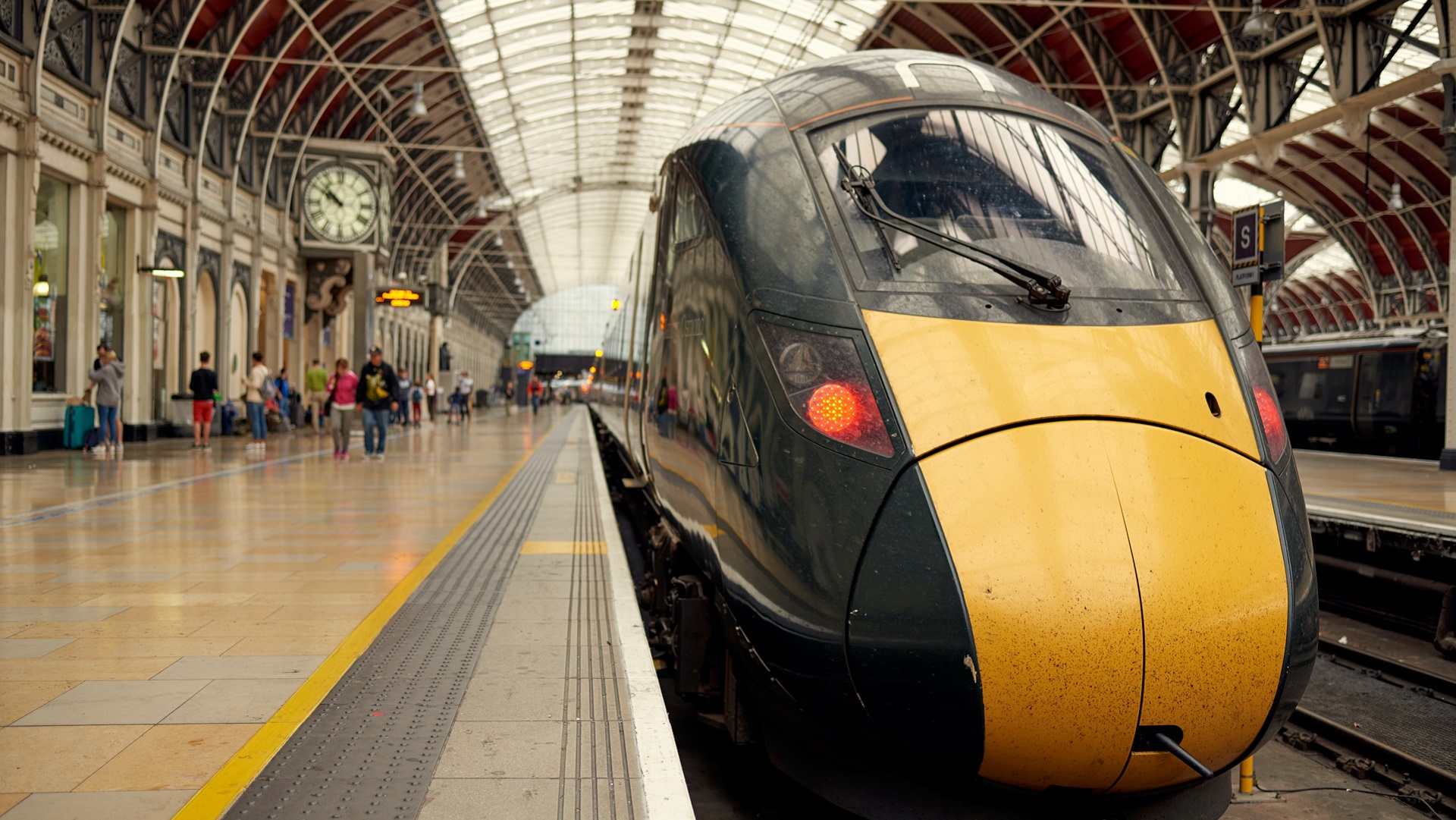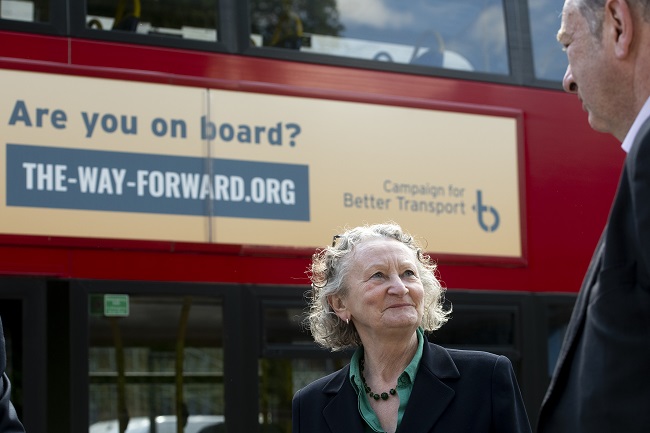The pandemic hit public transport hard. The number of rail passengers fell to its lowest level in 170 years. Buses ran at a fraction of capacity and bustling coach stations became echoing voids.
When we had essential journeys to make, most of us got in our cars. Traffic levels rose. In many cities, air pollution was soon worse than before the pandemic.
As we begin to come out of the crisis, there’s a risk that these habits will stick. The dangers are real: climate change, pollution and traffic-clogged streets, dwindling public transport leaving non-drivers stranded (45 per cent of low-income households have no car).
Which is one reason why the Great British Railways rail reforms announced in today’s white paper are sorely needed. If we’re to avoid a car-led recovery, it’s more vital than ever that the rail network properly meets people’s needs.
On the face of it the rail shake-up looks positive, with its focus on the needs of passengers, contactless ticketing, a more straightforward compensation system and growing the network.
With rail producing just 0.5 per cent of the UK’s carbon emissions, the urgent need to shift more journeys to this, the greenest major form of transport, is clear. So the statement “we are growing the network, not shrinking it” should hardly need making, but it is a relief to read nonetheless. At present a lot of communities are ‘transport deserts’, many having lost their rail stations under the notorious Beeching cuts. We hope that talk of growing and transforming the railways will be backed by proper funding so that these disconnected communities can access the opportunities that rail brings.










